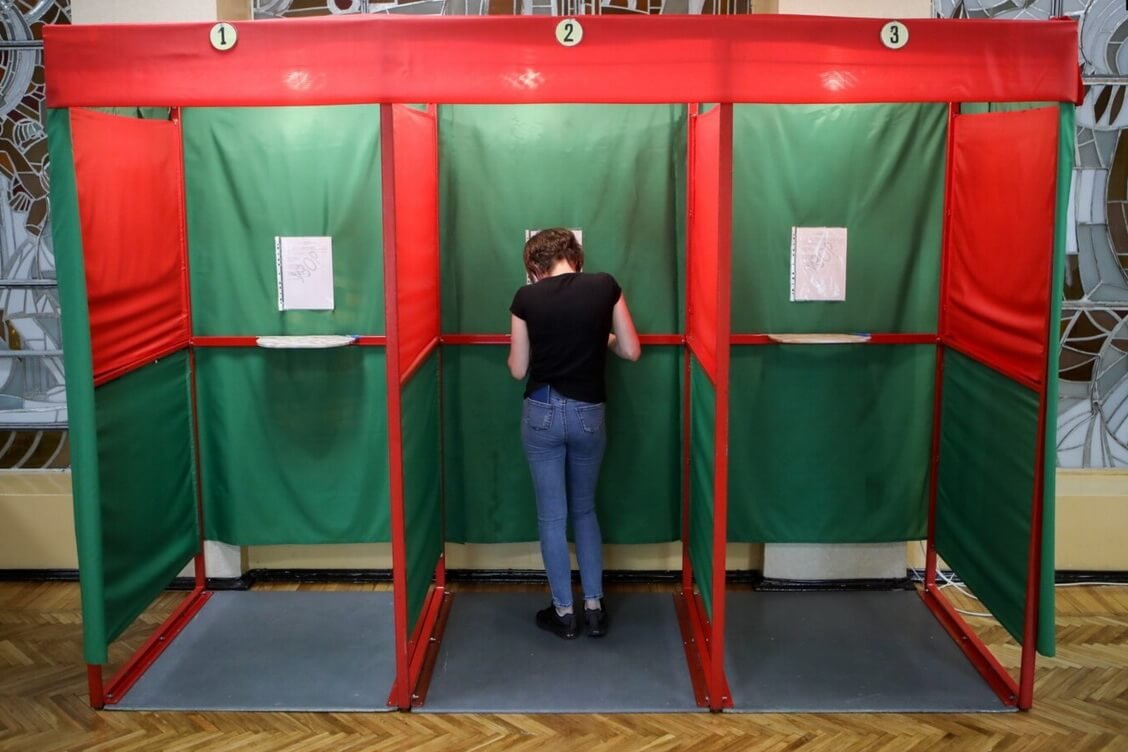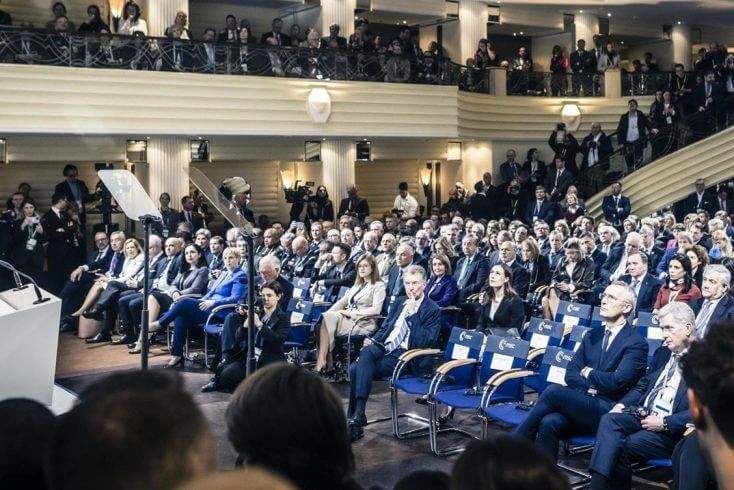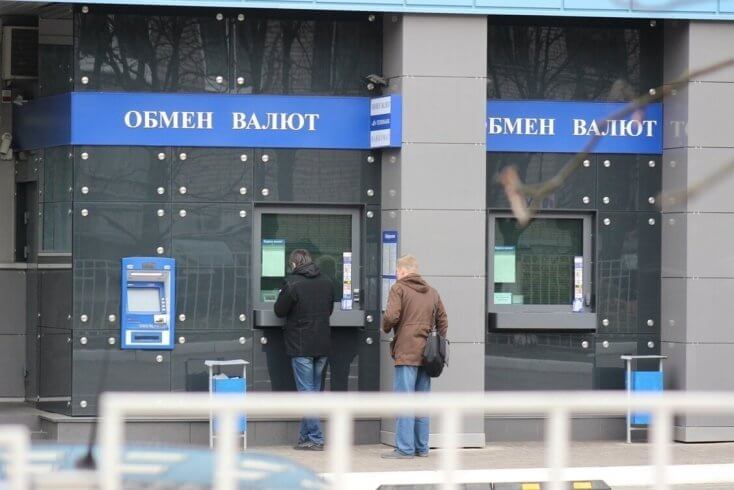The Belarusian government has everything under control in the run-up to parliamentary and local elections. Preparations for the February 25 vote are going according to plan. Meanwhile, the opposition is taking its time on an alternative election for the Coordination Council (CC).

On December 23, district election commissions in Minsk registered 45 initiative groups that will collect signatures to nominate candidates for the House of Representatives. Regime stalwarts – Aleh Hajdukievič, Vadzim Hihin and Alaksandar Špakoŭski, as well as senior law enforcement officials – have announced their bids.
Pro-democracy forces missing deadlines
The central election commission in Minsk has refused to register a group in support of Zmicier Kučuk, a former leader of the outlawed Belarusian Greens Party. This is all one needs to know about the degree of pluralism in Belarus.
The state machine is working like clockwork, meeting its deadlines and holding pre-election activities strictly on schedule.
Meanwhile, the foreign-based opposition is planning to hold elections for the Coordination Council (CC), pitching it as an alternative to the official parliament, but has so far has missed all deadlines. Politicians are still finalizing draft electoral regulations.
The whole process has been quite democratic. Factions presented no less than seven versions to the CC. In the end, they agreed on a compromise that turned out very confusing.
It envisages a proportional electoral system with non-public lists, with 15 percent of the seats (18 out of 120) reserved for nonprofit delegates. Women are expected to account for at least 40 percent candidates on an entity’s list.
“Each voter has three votes. Each vote can be cast for a specific list of an entity running in the election, or for several different lists, or for a candidate on a list of self-nominated candidates. It is possible to cast all three votes or vote once or twice and not to vote again,” the draft says.
How many Belarusians will be able to solve this puzzle? And how can the Kastuś Kalinoŭski Regiment meet the gender quota? Can ineligible politicians abuse the nonprofit quota?
The system is obviously too complicated. No wonder the draft has been heavily criticized.
The system is to be revised and simplified, and a final version is to be approved by opposition leader Śviatłana Cichanoŭskaja. It should be published before January 10.
The CC has set up an organizing committee for the elections. However, the opposition does not yet have electoral rules, nor does it have an electoral authority.
The CC’s current mandate expires on February 8.
Under its statute, the election procedure must have been established before November 8, but the CC is far past that deadline.
Weaknesses of democracy
Of course, missed deadlines can be explained away as a drawback of democracy. These drawbacks, by the way, are now clearly seen on a global scale, in the context of the war in Ukraine. Western politicians have to take into account public sentiment, while some voters have lost enthusiasm for helping Ukraine.
Meanwhile, Vladimir Putin and Alaksandar Łukašenka do not need to pander, nor do they have to beg the parliaments for money like US President Joe Biden. It is easier for autocrats to concentrate resources on their goals.
Putin has managed to put the economy on a war footing quickly. Łukašenka has the security and propaganda apparatus on stand by and essentially treats the elections as a military operation.
The two autocrats rely on the use of force and ridicule democracies’ weaknesses, such as heavy dependence on electoral cycles and endless debates.
It is true that elections in Belarus have been reduced to a ritual, but the loyal electoral authority performs the ritual strictly according to schedule, and the entire state apparatus displays remarkable cohesion.
Opponents chronically fail to meet their deadlines, not only when it comes to elections. They also drag their feet on strategies for transition to democracy and for securing the release of political prisoners. Heated debates produce vague resolutions.
Critics can argue that the opposition is ill-suited for running the country because it cannot implement plans and fulfill promises.
Belarusians may not be interested in alternative election
The main question is not about the timing or voting system, but whether the alternative election is of any interest to Belarusians at all. Polls show that many voters do not care as they lose interest in politics in general.
Many of those who provided energy for the 2020 protests are now hiding in the shell of their private lives, trying to adapt themselves to the brutal dictatorship. Many do not follow the independent media labelled extremist out of fear, others out of apathy and emotional burnout.
The CC is hoping that at least 100,000 voters will cast ballots in the alternative election on a digital platform. This is only 1.5 percent of the 6.9 million or so registered voters. But even this number is hardly realistic. CC spokesman Andrej Jahoraŭ admitted that most of the voting will take place primarily abroad.
Voters in Belarus are afraid to become involved in opposition initiatives for fear of reprisals, especially after secret agents have recently demonstrated their ability to infiltrate the opposition.
A few months ago, KGB chief investigator Kanstancin Byčak made a surprise appearance at an opposition event on digital security, reassuring its participants that the KGB has “everything under control.”
Finally, many activists based in Belarus are skeptical about the exiled opposition’s ability to influence developments in Belarus, while acknowledging their prowess in solving problems of emigrants.
Opposition’s mixed message
People in Belarus are receiving mixed messages from the opposition about what to do about the official elections.
Cichanoŭskaja urged voters to stay away from “any regime activities” and discourage others from voting.
“Under the conditions of terror, there are almost no safe ways of resistance left,” she said, noting that there is no point in taking risks if there is no chance of changing anything and that it is wiser to prepare for better times.
Opposition leader Pavieł Łatuška echoed her message, saying, “I won’t ask anyone in Belarus to take part in this imitation. . . . There is no point in going to the polling station.”
Alena Žyvahłod, a deputy CC speaker and leader of the Honest People initiative, is campaigning for an active boycott, urging Belarusians to vote against all candidates.
She argued that people should use the elections as a mobilizing factor, an opportunity to explain their position to others.
“The result of this campaign is not about protests or voting percentages. It is about new people, new ideas, new discussions and additional attention to the root of all problems in Belarus – the political system, which is built around a dictator and not the people.”
Her message sounds vague and declarative. It is unlikely that the idea of coming to the polling station just to give officials a finger behind their back excites many voters.
And Belarusians do not need a pretext to talk frankly with someone they know and trust. Another question is how her message of an active boycott can reach voters now that Minsk has forced the independent media into exile and blocks access to their websites.
The general public will never know how many votes were cast against all candidates. The anonymous election commissioners, whose names are not disclosed “for security reasons,” can fabricate results with shackles off. The effectiveness of a boycott is immeasurable.
The mixed messages only confuse voters. Pluralism is good, but the opposition leaders at least could have agreed on a single message.



